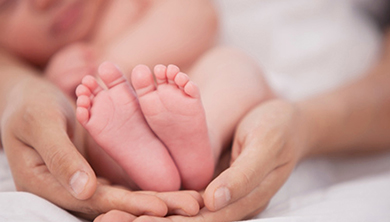
Obstetrical care
Obstetrical care is critical for all expectant mothers, as it involves the care of a woman during pregnancy, labour, childbirth, and after the baby is born in the postpartum period. This includes understanding and interpreting signs that a woman is approaching labour.